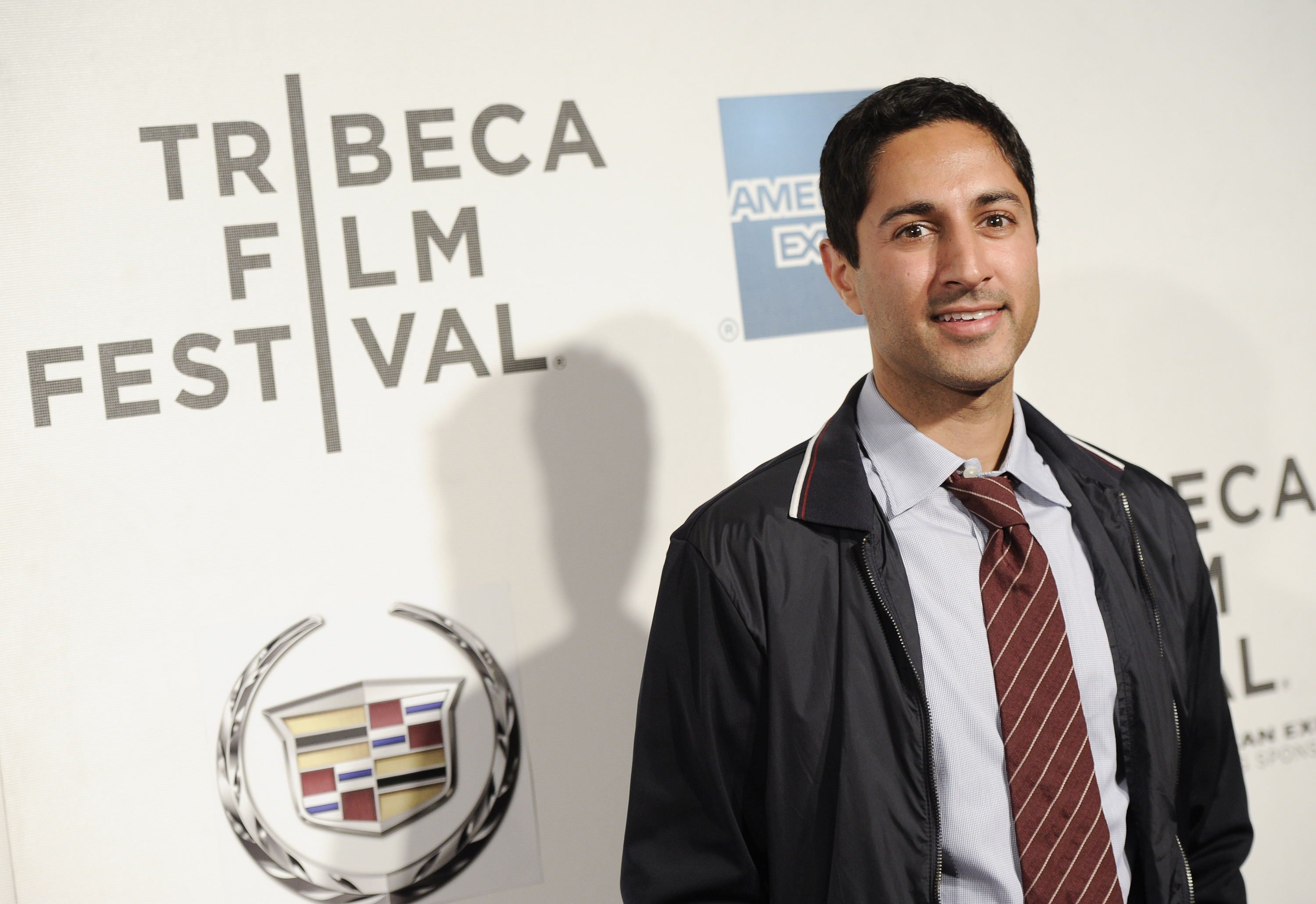Gov. Jerry Brown is coming under criticism for changing the initiative process for selfish, political reasons. Brown and the legislative Democrats, in response, have argued, albeit unconvincingly, that they are simply trying to improve a broken process.
That they can make such an argument is evidence of a central failure of California's political reform industry: the failure to take on the task of initiative reform.
The problem isn't that reformers don't see the need to fix California's famously inflexible process. The problem -- and the reason for reformers' reluctance -- is that reformers themselves want to use the process to get other reforms in place.
And so any fixes to the process, in the reformers' view, might make that more difficult.
So major good government organizations have generally avoided initiative reform and focused their reform action on other aspects of governance, particularly the budget and candidate elections.
That has created a vacuum that Brown and the Democrats exploited to change the process for their own ends.
First, the governor and his party enacted a rule that bars initiatives and referenda from appearing on primary ballots.
U.S. & World
The real reason for the move was to push a measure they oppose -- limiting unions' ability to collect and use funds for politics -- from this June's ballot to this November's ballot, when it is believed to be more likely to be defeated.
But Brown and the Democrats explained that this was reform -- since November general elections have higher turnouts, they said, it makes more sense to have initiatives on the ballot when more people vote.
Second, the governor and Democrats voted to move constitutional amendments offered by initiative to the top of the balllot. That gave a perceived advantage to Gov. Brown's temporary tax initiative on this November's ballot, since it's a constitutional amendment. But this, too, was defended as a reform, on the argument that a constitutional amendment is more important and should be considered first by voters.
Both of these changes make the process worse. The November ballot is now clogged with initiatives, meaning each will get less deliberation and consideration. And giving an advantage to constitutional amendments will only convince more initiative sponsors to pursue constitutional amendments -- a problem in a state with one of the world's longest and most complicated constitutions.
Which is why this self-interested initiative "reform" from the Democrats should light a fire under actual reformers. If they don't build a case for deep reform of the process in the public interest, political players will exploit the vacuum and offer more faux reform for self-interested reasons.
The good news is that there are some things developing in this sphere. Assemblyman Mike Gatto, a Burbank Democrat, has been pushing a thoughtful package of changes, though his ideas haven't received nearly the attention they merit. The Greenlining Institute, with a push from California Forward, is studying the process and has begun to make recommendations. The Think Long Committee for California included initiative reform in its package of recommendations. And the League of Women Voters has been involved in a major review of the initiative process, which could produce some policy recommendations in the months ahead.
But even before the recommendations, the state needs a big conversation on this subject.
Lead Prop Zero blogger Joe Mathews is California editor at Zocalo Public Square, a fellow at Arizona State University’s Center for Social Cohesion, and co-author of California Crackup: How Reform Broke the Golden State and How We Can Fix It (University of California, 2010).
Send us your thoughts via Twitter @PropZero or add your comment to our Facebook page.



